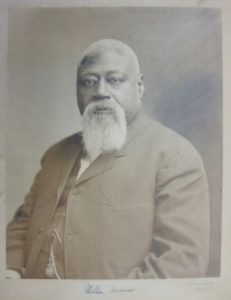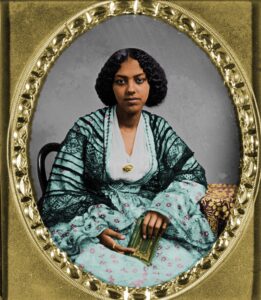
The Past in Color: A Short History of Hand-Colored Photos During the Civil War Era
The American Civil War was one of the most photographed events of the nineteenth century. Powerful images of battlefield carnage, life in the camp, and studio portraits of soldiers in uniform stimulate an emotional response that reminds us of the human cost of war. Likewise, touching photos of grandparents, parents, ...
Read More
Read More

For the Cause of Freedom: William Still and Abolitionist Data Collection
Emeline Chapman faced a difficult choice in the summer of 1856. As an enslaved woman in Washington, D.C., Chapman and her husband John Henry were raising a young family while enduring the daily struggles of enslavement. Chapman’s enslaver, Emily Thompson, profited by regularly hiring her out to different White residents ...
Read More
Read More
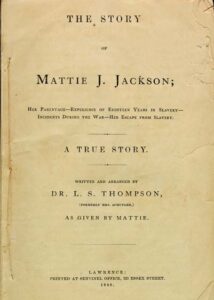
The Remarkable Story of Mattie J. Jackson
As a public historian working in St. Louis, Missouri, I am sometimes asked whether enslaved people living here before the Civil War ran away more frequently than enslaved people in the Deep South. Enslaved St. Louisians had the free state of Illinois across the Mississippi River, after all. While an ...
Read More
Read More
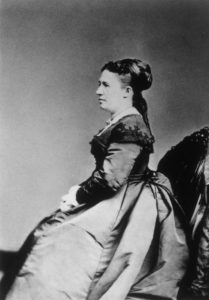
Julia Dent Grant’s Personal Memoirs as a Plantation Narrative
Julia Dent Grant holds the unique distinction of being the first in a line of distinguished First Ladies to have written a memoir. Following the death of her husband Ulysses S. Grant in 1885, Julia Grant began contemplating the idea of telling her own life story and sharing insights into ...
Read More
Read More
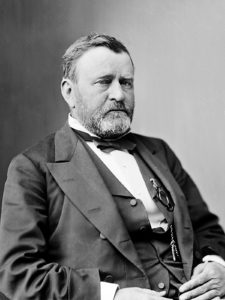
Public Monuments and Ulysses S. Grant’s Contested Legacy
On Memorial Day, three million people watched the first part of a three-episode documentary on the life of General and President Ulysses S. Grant. Three weeks later—on the much-publicized Juneteenth holiday, no less—a statue of Grant in San Francisco was vandalized and toppled. What gives? The motivations for this act ...
Read More
Read More
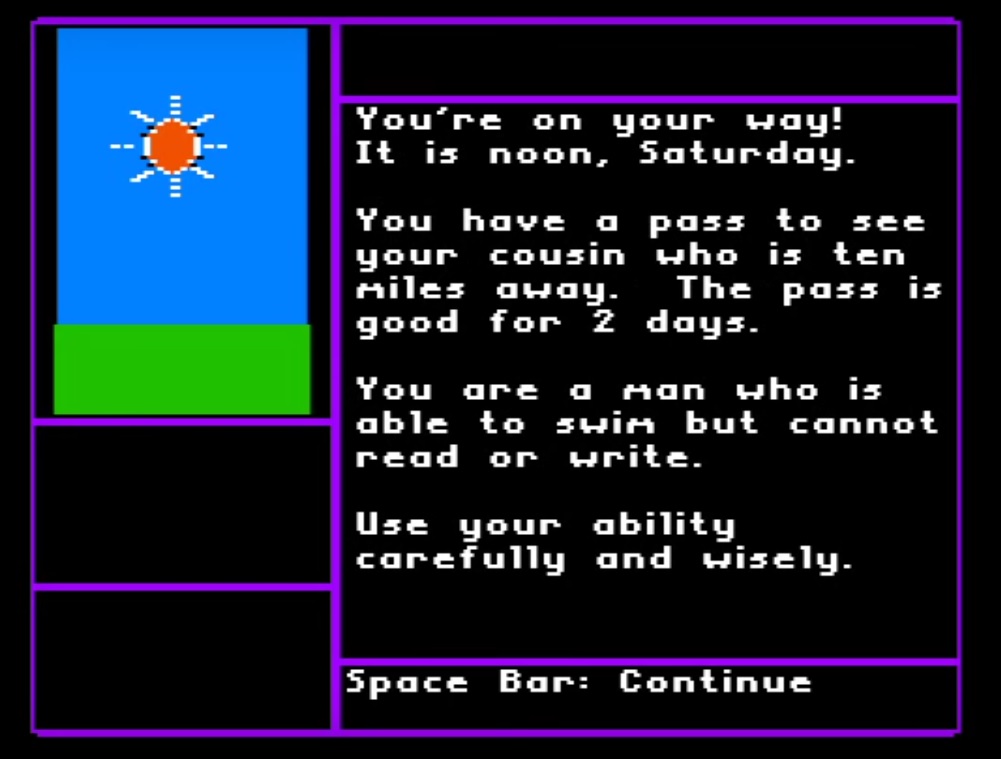
Interpreting Slavery Through Video Games: The Story of Freedom!
As a child of the 1990s, some of my earliest memories revolve around playing PC video games. Whether connecting to the dial-up modem to play a racing game with my grandfather or walking with my classmates to the school computer lab, video games sparked my curiosity and provided countless hours ...
Read More
Read More
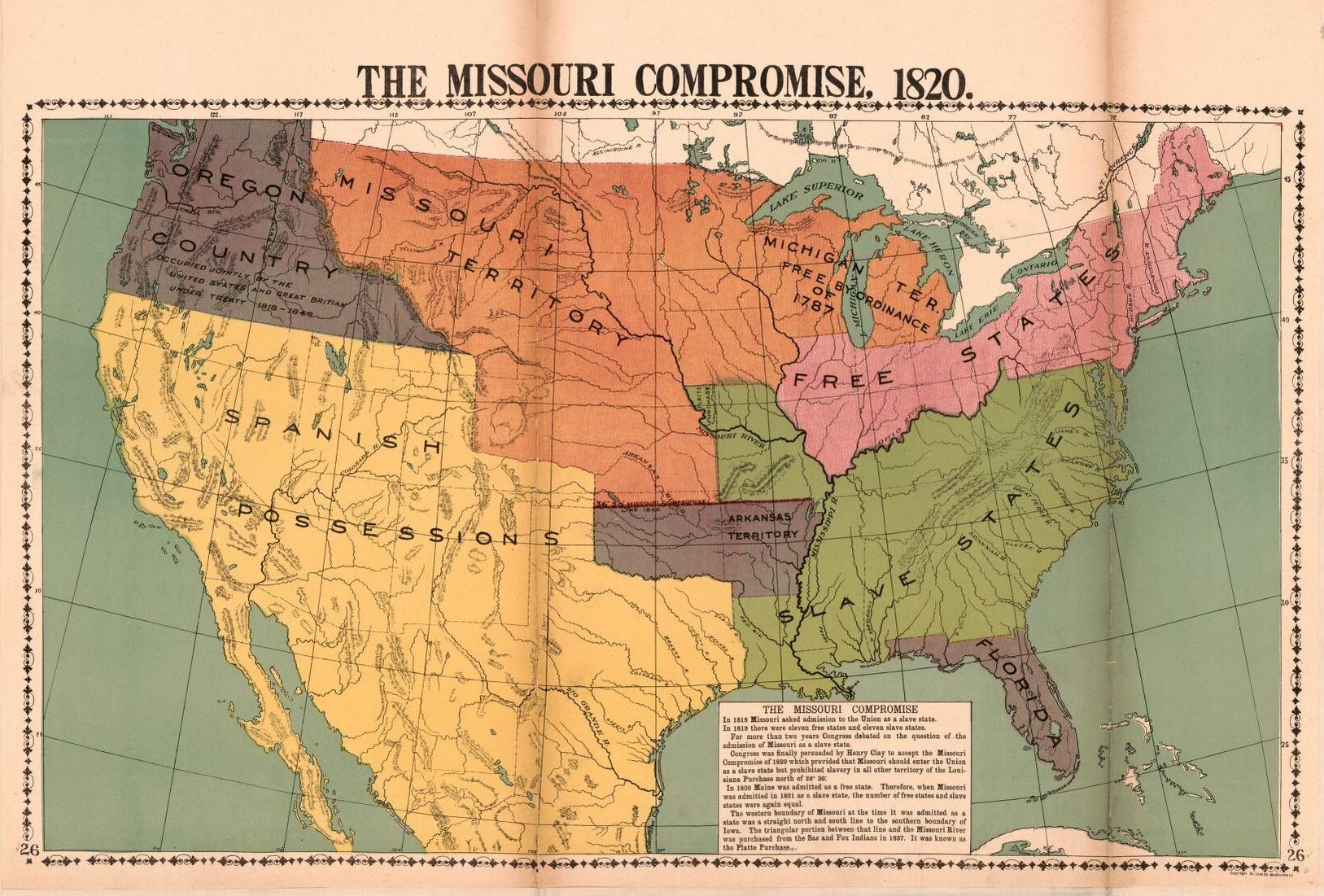
Missouri Compromised: Anti-Slavery Protest During the Missouri Statehood Debate
In his book On Compromise and Rotten Compromises, the philosopher Avishai Margalit argues that "we should be judged by our compromises more than by our ideals and norms. Ideals may tell us something important about what we would like to be. But compromises tell us who we are."[1] The essence ...
Read More
Read More
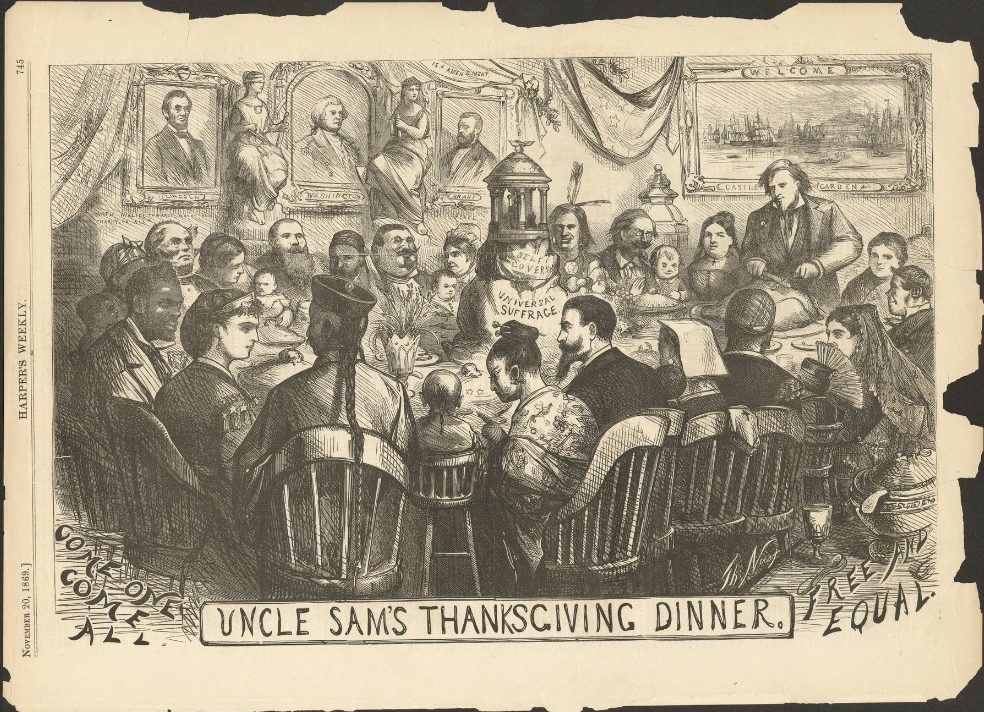
Teaching the Reconstruction Era Through Political Cartoons
During this past fall semester I received an email from a curriculum coordinator at a local school district. She stated that a high school history teacher was running short on time, but wanted to spend one day with his students discussing the Reconstruction era before the end of the semester ...
Read More
Read More
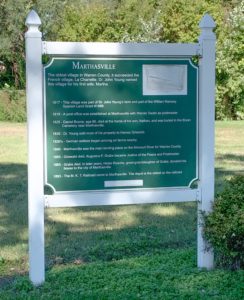
Removing Slavery from Westward Expansion: Two Case Studies of Public Memorials in Missouri
The town of Marthasville, Missouri, is located about forty-five miles west of St. Louis. The oldest town in Warren County, Marthasville today is a quiet place with fertile farmland, a lakeside resort, and numerous wineries. Although I have lived in Missouri most of my life, I had never been to ...
Read More
Read More
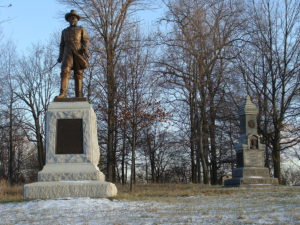
Are Tourists Falling Out of Love with Civil War Battlefields? Public Historians Respond
Last year I published a post on this website about visitation trends to Civil War historic sites within the National Park Service (NPS) during the Civil War Sesquicentennial from 2011 to 2015. After looking at the numbers I concluded that visitation to these sites remained relatively strong, but not everyone ...
Read More
Read More
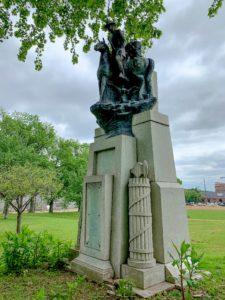
The Contested Memories of General Nathaniel Lyon in St. Louis
The removal of a Confederate monument from its original dedication spot in Forest Park almost two years ago aroused a great deal of controversy among St. Louis residents. Like the debates taking place in other cities that have Confederate iconography, supporters praised the removal of a monument they considered to ...
Read More
Read More
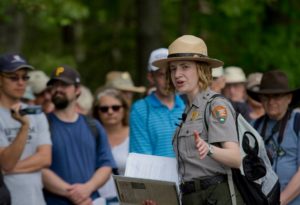
Freeman Tilden’s Interpreting Our Heritage and the Civil War Centennial
On March 30, 2019, a group of public historians will convene at the National Council on Public History’s Annual Meeting to discuss the interpreter Freeman Tilden’s 1957 publication, Interpreting Our Heritage. My fellow NPS colleague Allison Horrocks and I created this conference panel to discuss Tilden's ideas in historical context ...
Read More
Read More
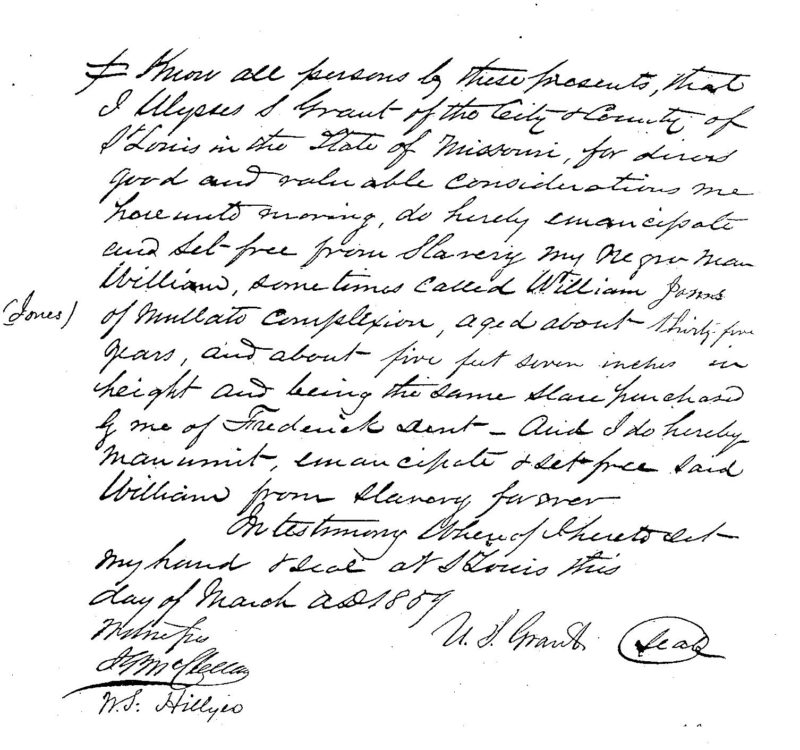
The Mystery of William Jones, An Enslaved Man Owned by Ulysses S. Grant
On March 29, 1859, Ulysses S. Grant went to the St. Louis Courthouse to attend to a pressing legal matter. That day Grant signed a manumission paper freeing William Jones, an enslaved African American man that he had previously acquired from his father-in-law, "Colonel" Frederick F. Dent. Described as being ...
Read More
Read More
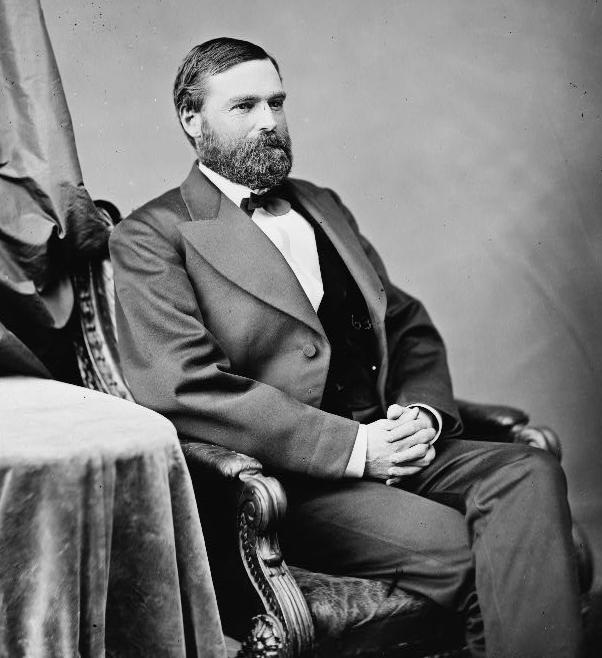
Congressman Charles Hays and the Civil Rights Act of 1875
The Thirteenth, Fourteenth, and Fifteenth Amendments of the U.S. Constitution dramatically transformed American society during the Reconstruction era. The amendments abolished slavery, established the concepts of birthright citizenship and equal protection of the laws, and granted all men the right to vote, regardless of color. For most members of the ...
Read More
Read More
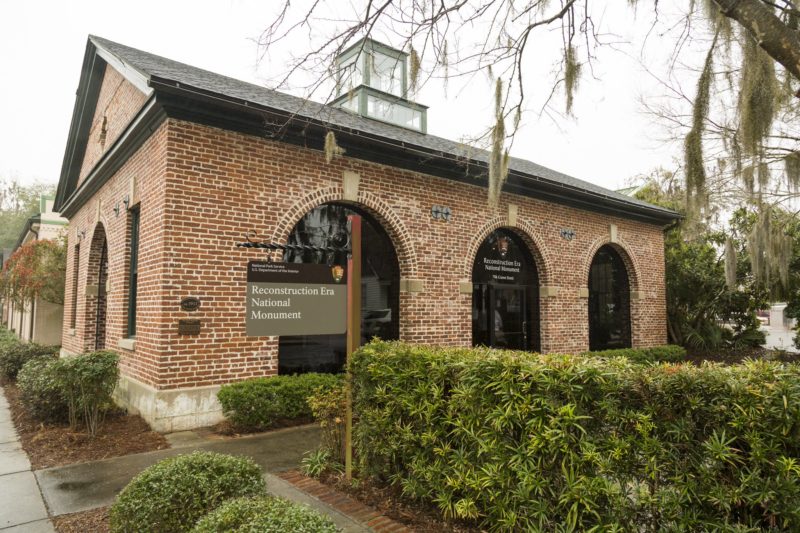
Every Social Media Manager a Historian: Reflections on Interpreting History Through NPS Social Media
In one of his final acts as President of the United States, Barack Obama utilized the power of the 1906 Antiquities Act to establish Reconstruction Era National Monument (REER) in Beaufort, South Carolina, as a unit of the National Park Service (NPS) on January 12, 2017. Like many historians of ...
Read More
Read More
